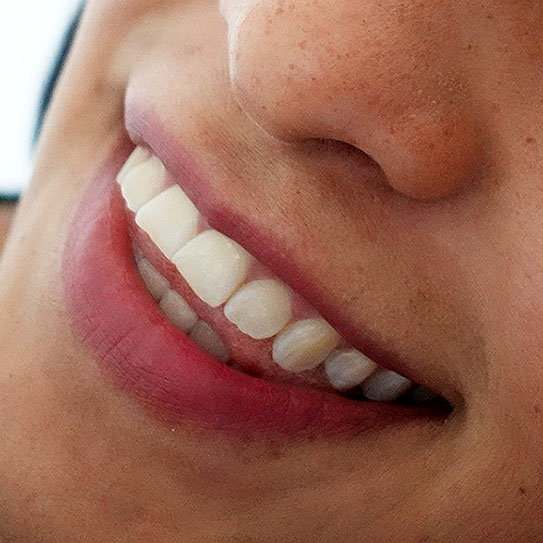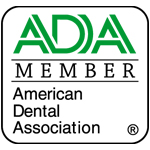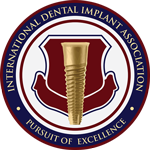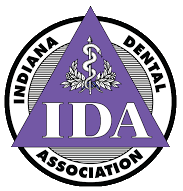
WHEN LIFE GETS stressful or frustrating, a pretty common physical response is teeth-grinding. Unfortunately, it can do a lot of damage if it becomes a habit, and it can even happen while we’re asleep. Chronic teeth grinding is called bruxism.
The Causes of Bruxism
Teeth grinding during the day is sometimes the result of stress, while nighttime bruxism can be associated with snoring or sleep apnea. However, not everyone dealing with stress or a sleep disorder has bruxism, and not everyone with bruxism will also have stress or a sleep disorder. Missing or poorly aligned teeth (including bad bites) can also make bruxism more likely.
Aside from these factors, age also plays a role. Children are actually more likely to grind their teeth than adults. Prescription drugs (particularly antidepressants) can increase the likelihood of grinding, as can tobacco or alcohol use. Bruxism can also run in families, and it can be associated with disorders like GERD, ADHD, and Parkinson’s disease.
Indicators of a Teeth Grinding Habit
In many cases, a person with bruxism might not even be aware of how often they grind their teeth. This is especially true of people with sleep bruxism. Catching the grinding in the act isn’t the only way to know it’s happening, though.
There are several clear indicators, including shortened, worn down teeth with flattened chewing surfaces, damage like chips and cracks in the teeth, exposed dentin (the yellow bony tissue layer beneath the enamel), tooth loss, jaw soreness (in sleep bruxism, the jaw is more sore in the morning, while daytime bruxism leaves the jaw sore by evening), frequent headaches, and even overdeveloped jaw muscles.
Can Bruxism Be Treated?
Treatment for bruxism can vary depending on whether the grinding happens during the waking or sleeping hours. Sometimes the focus is on minimizing damage to the teeth, and sometimes the focus is on discovering the cause of the bruxism and addressing it. If it has to do with a bad bite or alignment problems, orthodontic treatment may fix the problem. A custom mouthguard can protect teeth from further damage by providing a cushion to the chewing surfaces.
Behavioral therapy and relaxation can also help. Habit-reversal techniques can help make patients more aware of when they are grinding so that it is easier to stop. Obviously this strategy is more useful for daytime bruxism. For people who have bruxism as the result of stress or anxiety, relaxation techniques such as massages, calming music, warm baths, a full night’s sleep, deep breathing, and yoga can help manage the stress.
Here are a few quick exercises you can do to relax your jaw:
Let’s Grind Bruxism to a Halt!
If you’ve shown any of the signs of bruxism or are experiencing any of the symptoms, schedule a dental appointment so that it can be diagnosed and treatment can start. The longer bruxism goes untreated, the more damage it can do to the teeth, so the earlier it gets diagnosed, the better!






